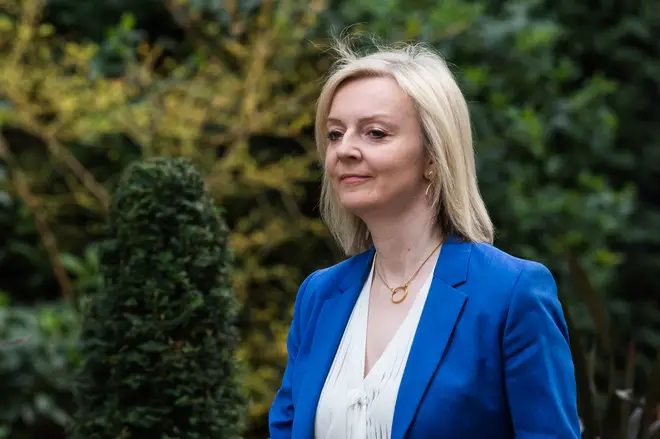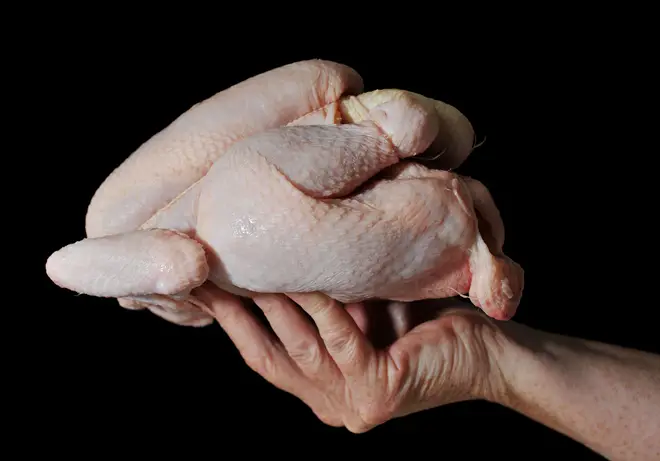
Ian Payne 4am - 7am
24 June 2020, 18:50

The UK will not allow US chlorine-washed chicken to be stocked in supermarkets as a ban is already written into law, according to International Trade Secretary Liz Truss.
The Cabinet minister, giving evidence to the Commons international trade committee on Wednesday, vowed not to lower food standards in any trade deal with the States.
Ms Truss told MPs that a ban on importing chlorinated chicken was "already in UK law" as part of the Brexit Withdrawal Agreement ratified by Parliament.
She said: "I want to reiterate that, when it comes to food, we will never lower our standards in order to sign a trade deal.
"Contrary to claims in the press, these standards, the ban on chlorinated chicken and hormone-injected beef, are already in UK law through the Withdrawal Act.
"Not only that but we will not sign a trade deal that leaves our farming industry, with its high animal welfare standards, worse off.
"In fact, the opposite is true.
"My officials and I are working round the clock to ensure any trade deal we strike has British farmers at its heart and one that British shoppers have confidence in."

Ms Truss said there had been "a lot of scaremongering" about issues like chlorinated chicken with some people "trying to worry British consumers".
Referring to chlorinated chicken and hormone-injected beef, Ms Truss said: "This is not a matter for the Trade Department.
"This is not something I am negotiating in any of these trade deals.
"This is a matter for the Food Standards Agency and for Parliament."
The former Treasury minister said the opening rounds of talks between negotiators had touched on "all of the key areas", with a "negotiating text" in the works.
However discussions around market access and rules of origins have yet to be had, she confirmed.
Ms Truss said her main aims for the bartering with the US included "getting rid" of tariffs on industrial goods, giving the example of cars and steel, and that she also planned to boost trade opportunities for the digital sector, such as those designing artificial intelligence and robotics.
The ex-environment secretary also highlighted the importance of removing barriers barring agricultural products, such as lamb, from being sold on the other side of the Atlantic.

Michel Barnier on Brexit negotiations: "You cannot have the best of both worlds"
Promising to be "tough" during the negotiations, she told the committee trade blockages preventing British companies from reaching two-thirds of the US market would need to be abolished before she signs a new terms.
"We will be tough in pressing our interests.
"The US talks a good game about free trade and low tariffs but the reality is that many UK products are being kept unfairly out of their market," she said.
"Let me be clear, I am not going to strike a trade deal with the US unless all these points (restrictions to trade) are dealt with," she added.